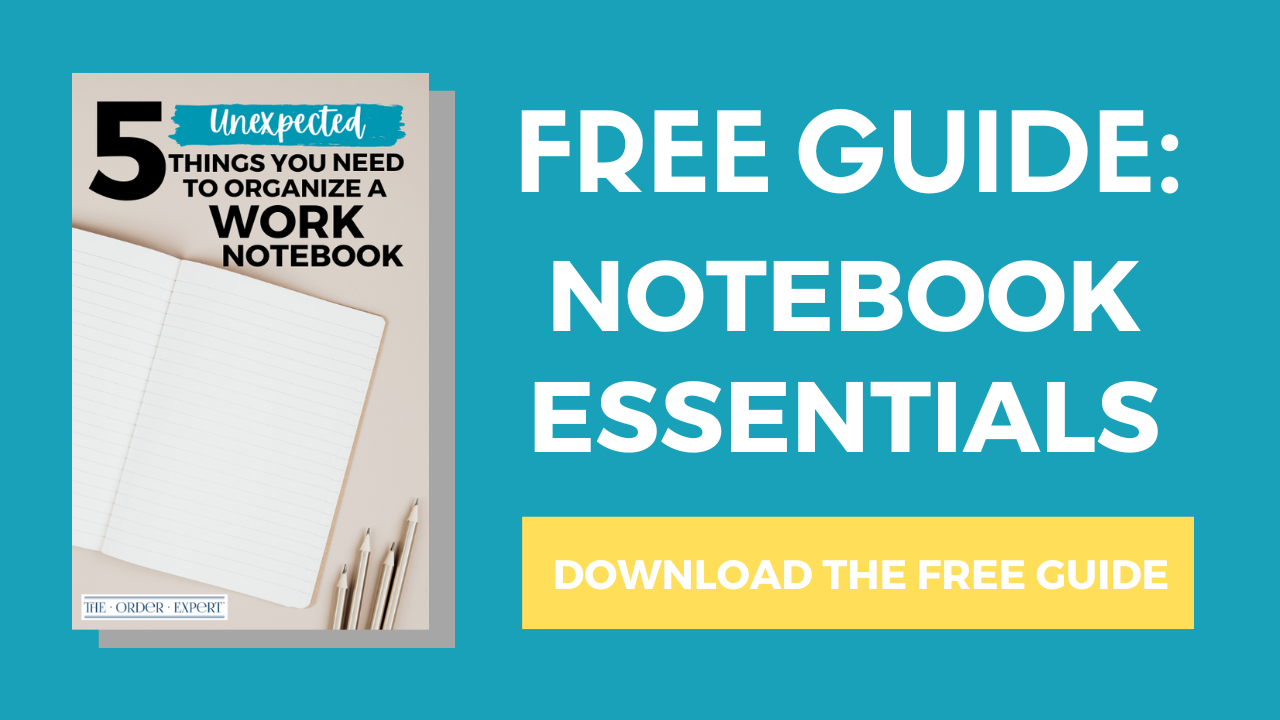
Do you need to confirm appointments and meetings in your schedule?
Are you looking for some specific tips to ensure a meeting is fully-booked?
Confirming upcoming appointments and meetings is a smart move if you’re looking to make the most out of your schedule.
While confirming items in your calendar takes a few moments, the benefits are truly worthwhile.
In this post, you’ll uncover exactly what you’ll need to keep in mind as you confirm meetings and appointments.
You can reduce, if not completely eliminate, last-minute cancellations, modified arrangements, as well as unnecessary travel and preparation time.
Talk about saving yourself some time!
Another added bonus of confirming appointments is that it gives you the opportunity to secure final information about your upcoming event.
It’s a great way to fill in any gaps, be it inquiring about a meeting agenda, confirming attendees, finalizing materials, or double-checking the meeting location.
Confirm appointments a day or two in advance.
Confirming an appointment a few days in advance is a smart move. Why? Because it’s timely.
It’s just enough time for people to look ahead in their calendar, and just enough time to make any necessary last-minute adjustments.
Do your best to confirm your appointments one or two days in advance.
You can confirm events simply by writing a confirmation email, placing a phone call, or sending a text message.
Confirm all appointment details.
Whether you send an email or place a phone call, it’s extremely important to confirm all details related to your meeting.
This includes the date, time, location, as well as meeting participants.
Now, relaying all of this information may seem a bit redundant.
But don’t worry: you’re doing so for good reason. Repeating appointment details gives both you and your contact a solid reference point.
Not only are you confirming the appointment, but you’re solidifying the information in your mind’s eye and firming up any loose or questionable items.
The devil is in the detail!
Make a note in your calendar.
As soon as you’ve confirmed an appointment, mark the appointment entry in your calendar as confirmed.
This will make it easy to tell which of your appointments are confirmed, and which are not.
You can write or type the word “Confirmed” next to the entry or use an abbreviation such as “Conf.”
What if there’s still a pending issue related to your meeting?
Perhaps your 10 A.M. meeting is confirmed, but the location has to be determined?
Add a note in your calendar to follow up with your contact later in the day, or the following day, depending on the timing of your meeting.
Confirm appointments with care.
Now that we’ve discussed the importance of confirming appointments, it should be noted that not all appointments need to be confirmed.
That’s right, you don’t necessarily need to spend your time confirming calendar entries that are long-standing traditions or habits.
Here’s an example of how this might play out: let’s say you have a recurring lunch date with your best friend every week.
You are so in synch with one another, that you don’t confirm the meeting.
You only contact each other if, for some reason, one of you cannot make the appointment.
Do keep in mind, there may be times when it is well-worth confirming a standing appointment.
For instance, you’d probably want to confirm a standing meeting which requires many hours of travel on your part.
And you’d most likely want to confirm a standing appointment with a client out of professional courtesy.
How about you? What actions are you going to take to confirm meetings and appointments? Join the conversation and leave a comment below!





0 Comments